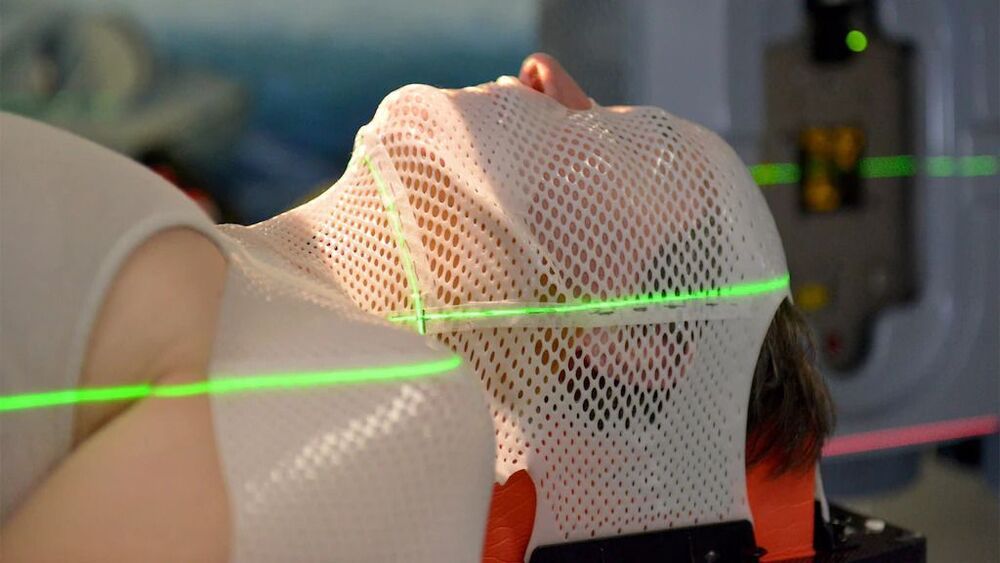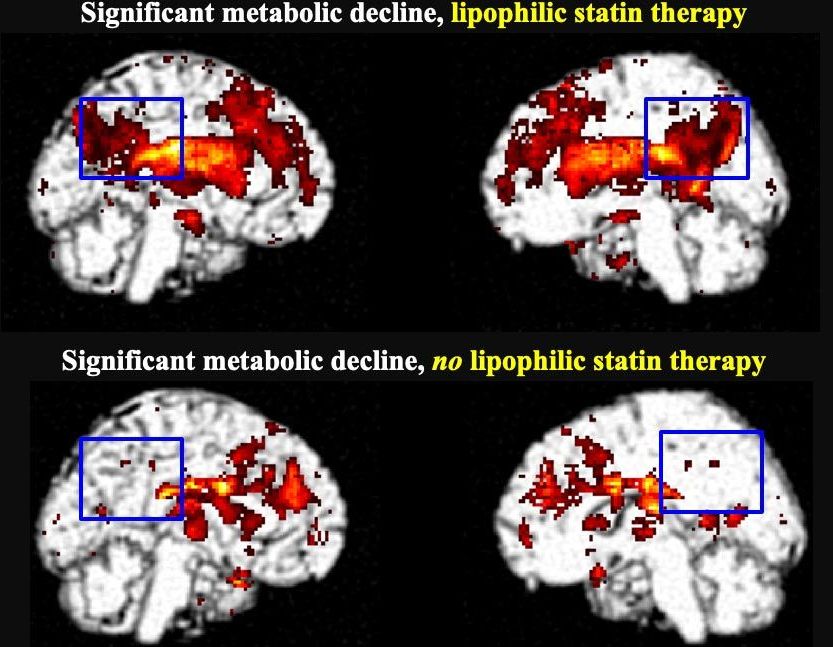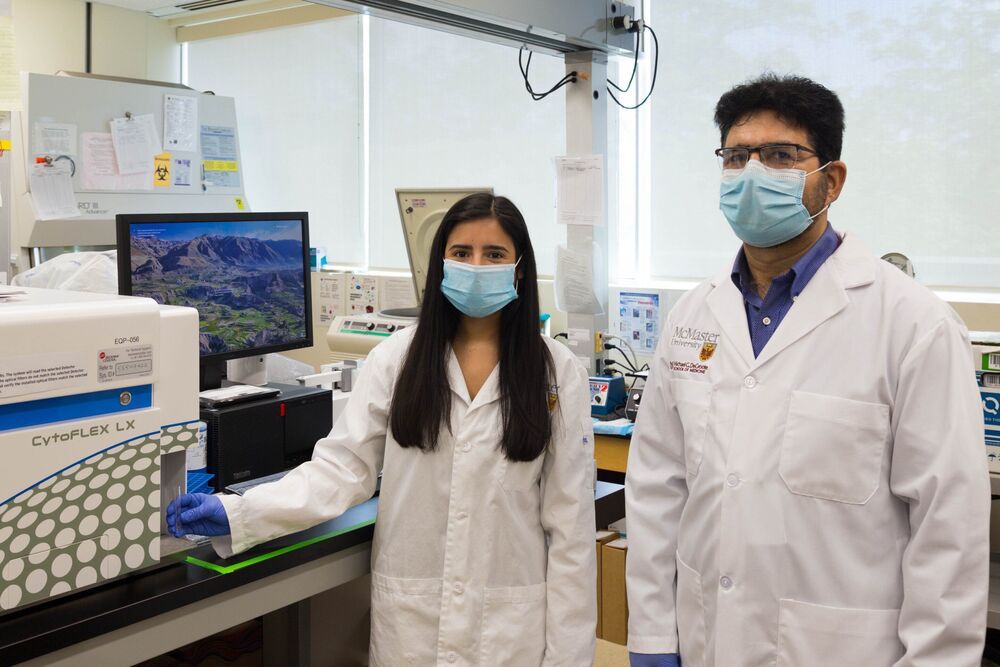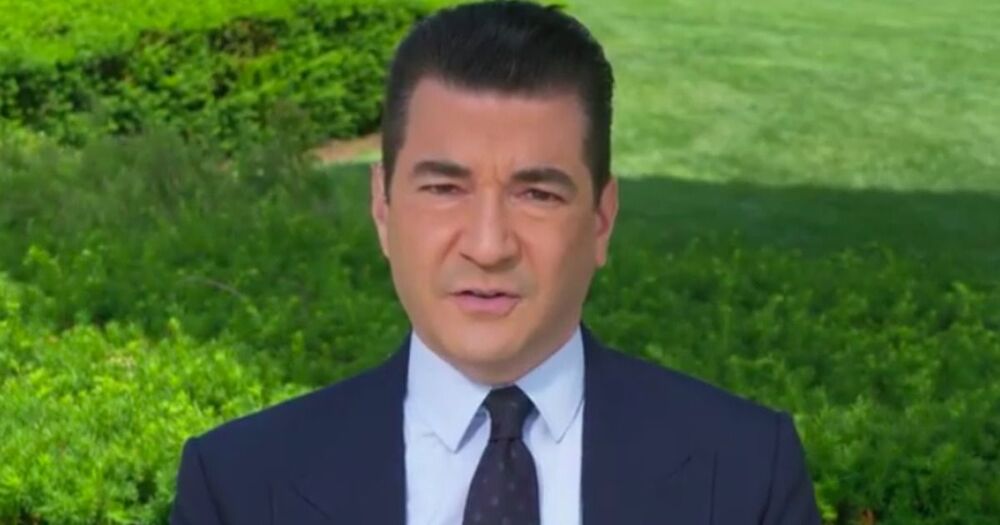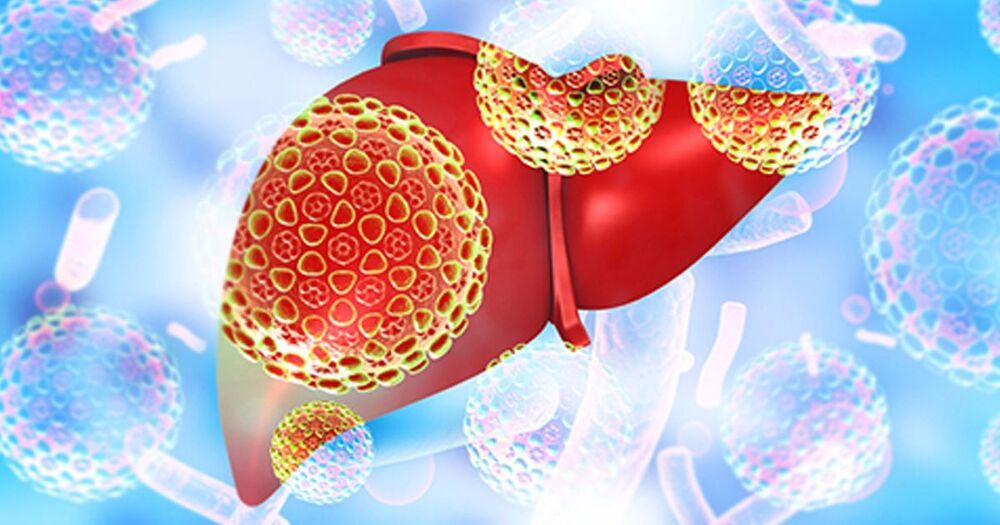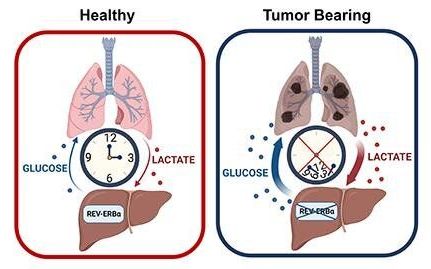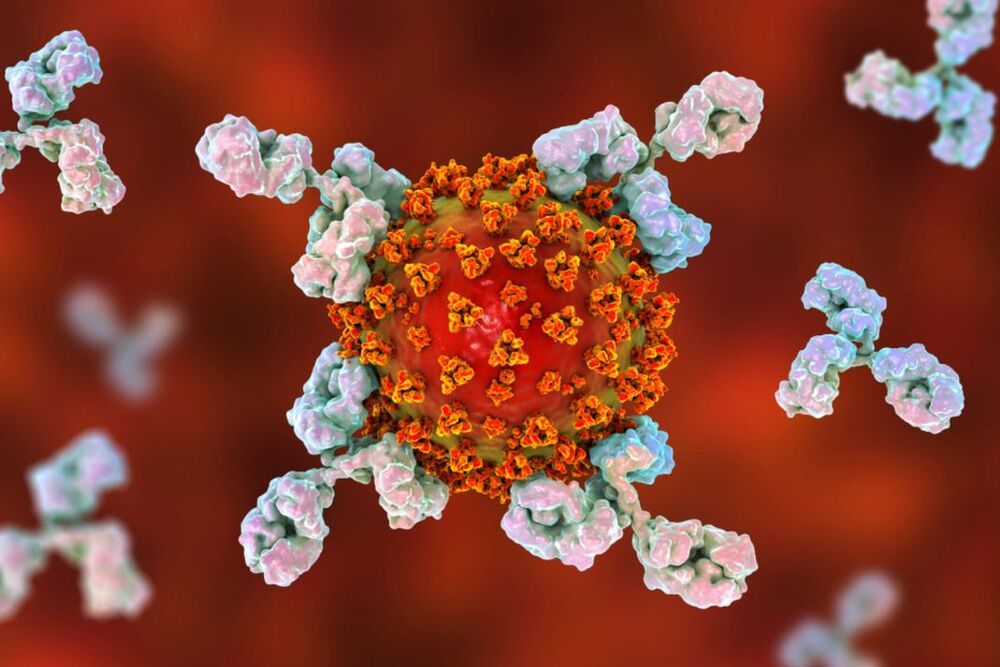Changes in epigenetic age acceleration (EAA) were significant over time, with the biggest increase — 4.9 years — seen immediately after the completion of radiotherapy (PChanges in epigenetic age acceleration (EAA) were significant over time, with the biggest increase — 4.9 years — seen immediately after the completion of radiotherapy (P0.001), reported Canhua Xiao, RN, PhD, of Emory University School of Nursing in Atlanta, and colleagues.
The study also demonstrated that EAA was associated with greater inflammation and fatigue, even up to a year after treatment, they noted in Cancer.
While chronological age is a strong risk factor for chronic health problems, Xiao and colleagues said that it often differs from epigenetic age and may be a limited predictor of age-associated disorders. On the other hand, they noted that epigenetic clocks, based on blood DNA methylation measures, have become reliable aging biomarkers.
